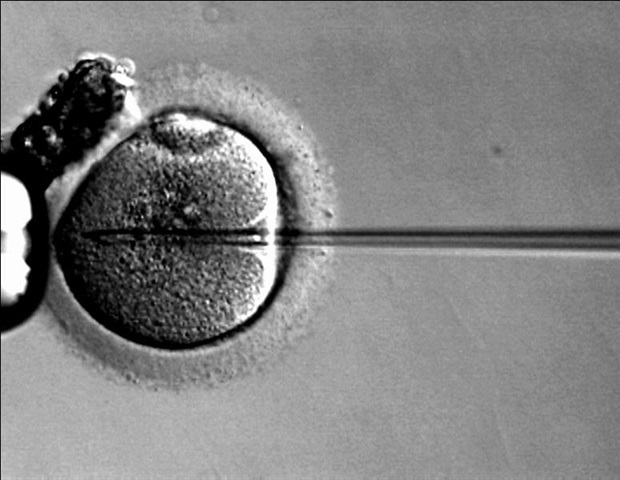
The death rate for patients with functional, nonepileptic seizures is higher than expected, with a rate comparable to epilepsy and severe mental illness, a Michigan Medicine-led study finds.
A team of researchers reviewed data from 700 patients who were diagnosed with functional seizures, also called psychogenic or nonepileptic seizures, between 2014 and mid-2023 and followed for a median of 15 months.
It is the largest study of its kind in the United States, matching international studies in Australia, Denmark, Sweden and the United Kingdom, all of which have nationalized health care systems.
Of the 700 patients with functional seizures, 11 of them died -; a death rate almost 2.5 times the number of people who would be expected to die over the same period of time among similar people without functional seizures.
The results are published in Neurology: Clinical Practice.
“Functional seizures have long been stigmatized among health professionals, and our results highlight the serious nature of the diagnosis,” said senior author Nicholas J. Beimer, M.D., a clinical associate professor in the Departments of Neurology and Psychiatry at U-M Medical School.
“The results show that the stigma of this disease not being of relevance or seriousness to health professionals can be clearly dismissed, and of the need to improve access to care for this population.”
The death rate, researchers found, was comparable to patients with epilepsy and serious mental health conditions, including schizophrenia and depression.
Nearly all deaths of patients in the registry had a known cause related to comorbidities of functional seizures, such as stroke, neurodegenerative disease and cancer.
All of the patients who died in our study had significant medical comorbidities and this should encourage us to care for patients with functional seizures from a holistic perspective, considering both their mental health and medical condition at the same time, rather than apart.”
Elissa H. Patterson, Ph.D., co-author, clinical assistant professor of psychiatry at U-M Medical School
Our health care system in the United States systematically separates mental and physical health into different silos, and it shouldn’t be this way, says co-author G. Scott Winder, M.D., M.Sc., a clinical associate professor of psychiatry at U-M Medical School.
The first death of studied patients occurred just over five months after they were referred for care. Researchers suggest that access to holistic, multidisciplinary treatment for functional neurological disorders must be improved, so that treatment can be initiated earlier for patients.
“Due to the limited number of health care centers with multidisciplinary clinics dedicated to evaluation and treatment of functional seizures, this research should motivate current clinics to increase capacity and meet these time-based goals, as well as to encourage other centers to establish new treatment clinics for this serious condition,” said Najda Robinson-Mayer, LMSW, a clinical social worker in the U-M Health who co-facilitates the Psychogenic Nonepileptic Seizure/Functional Seizure Teletherapy Group in the Department of Neurology.
“We recently created a virtual group therapy program for functional seizures so that patients can begin treatment within weeks of diagnosis, instead of months.”
Functional seizures are often misdiagnosed as epilepsy; many patients are treated for epilepsy for years before the receiving the correct diagnosis.
“Not only does early diagnosis and treatment have the potential to improve outcomes for people living with functional seizures, but it will also greatly reduce the likelihood they are treated with expensive antiseizure medications that will not work for their condition,” said first author Wesley T. Kerr, M.D., an assistant professor of neurology at University of Pittsburgh Medical Center who worked at U-M Health at the time the research was conducted.
“The goal is to get these patients the right treatment and soon as possible.”
Source:
Michigan Medicine – University of Michigan
Journal reference:
Kerr, W. T., et al. (2024). Elevated Mortality Rate in Patients With Functional Seizures After Diagnosis and Referral. Neurology Clinical Practice. doi.org/10.1212/cpj.0000000000200227.









